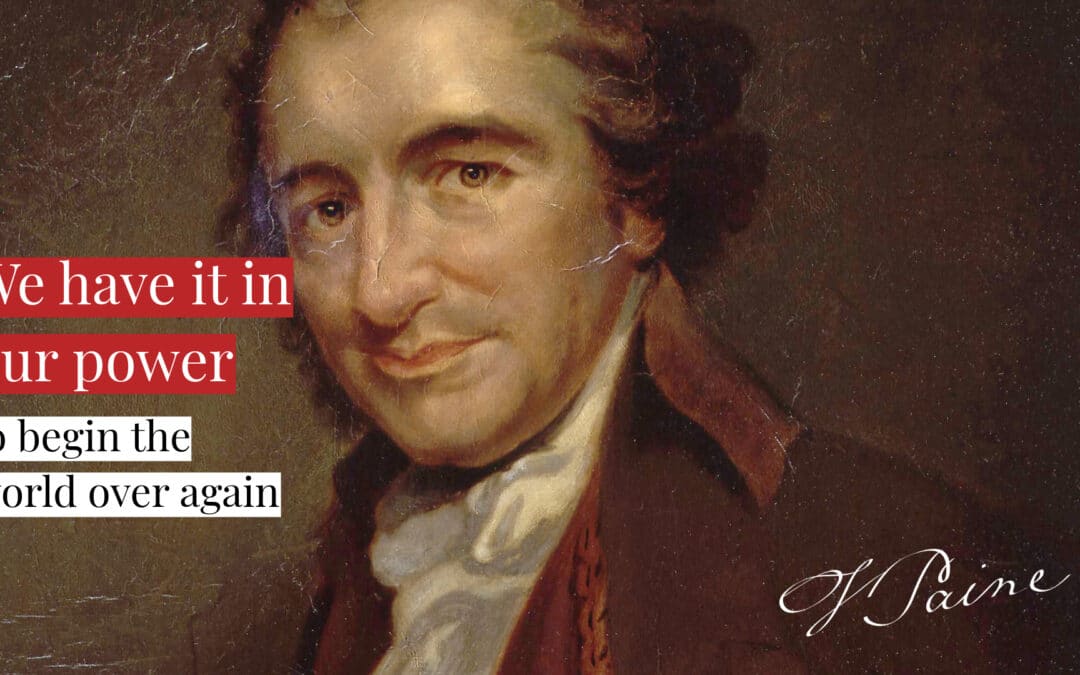


Thomas Paine’s Forgotten Paper Money Takedown
“Money is Money, and Paper is Paper. All the invention of man cannot make them otherwise.” With those words, Thomas Paine went after what he saw as one of the greatest scams in history: governments claiming that paper is money. Through a series of...
Thomas Paine’s Common Sense: A Timeless Call for Liberty vs Unlimited Power
Government … even in its best state … is still evil. Thomas Paine didn’t pull any punches in Common Sense. First published on January 10, 1776, it remains one of the most important pamphlets in American history. Far more than a rousing call for...
Thomas Paine’s The American Crisis: A Rallying Cry That Changed History
On December 19, 1776, as the War for Independence stood on the brink of collapse, Thomas Paine published The American Crisis. Beginning with the immortal line of “THESE are the times that try men’s souls,” it was no mere essay – it was a...
